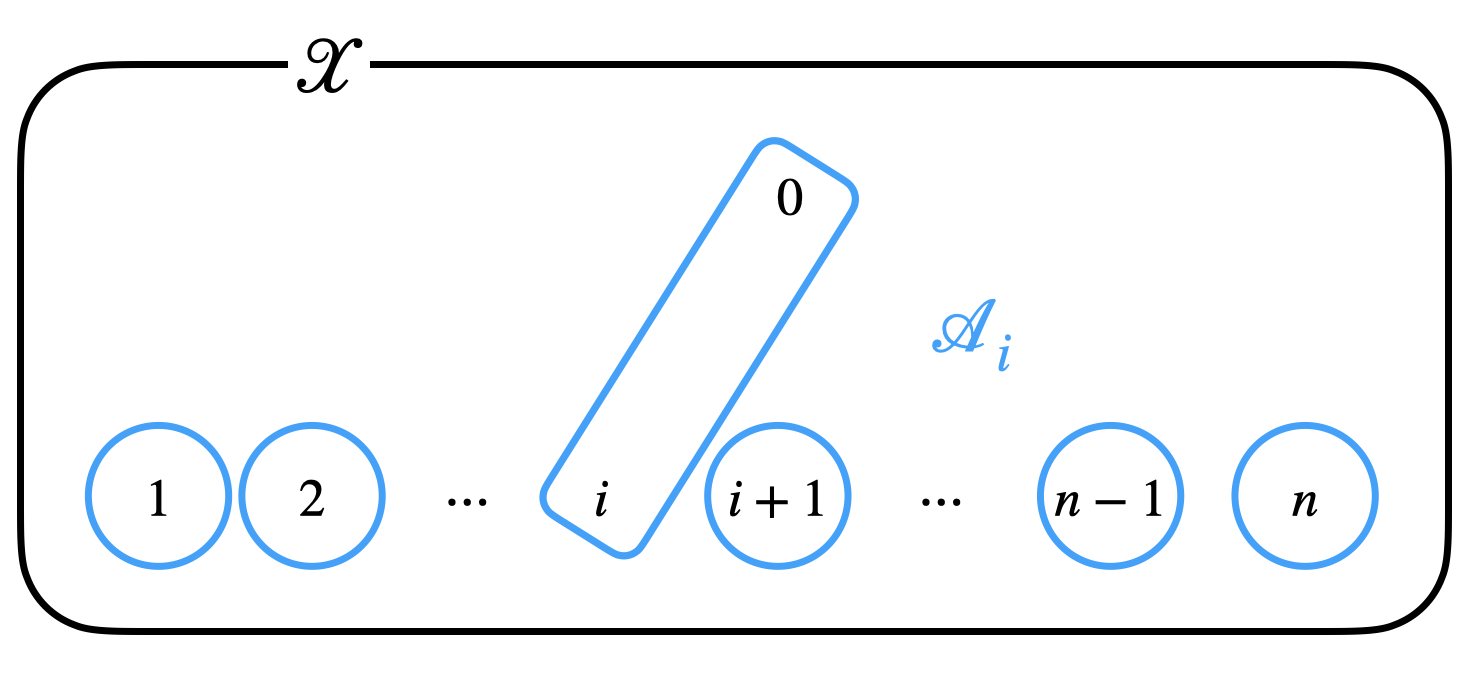- The paper demonstrates that any deterministic human-AI collaboration strategy, lacking explicit cost structures, may underperform relative to its least accurate contributor.
- It introduces a rigorous 'No Free Lunch' theorem confirming that true complementarity requires additional strategic design in binary classification tasks.
- The results imply that successful human-AI integration demands either independent predictions or joint behavior learning to overcome inherent limitations.
A No Free Lunch Theorem for Human-AI Collaboration
Introduction
The paper presents a rigorous exploration of the conditions under which complementarity can be achieved in human-AI collaboration within binary classification tasks. The notion of complementarity here refers to combined performance exceeding the capabilities of either humans or AI alone. The fundamental finding is encapsulated in a "No Free Lunch" theorem, asserting that achieving complementarity without explicit costs or strategies cannot be guaranteed.
Main Result
The authors establish the main theorem, illustrating that any deterministic collaboration strategy, which does not default to a single agent's predictions, will occasionally perform worse than the least accurate agent involved. This result underscores the critical insight that true complementarity requires strategic design, rather than occurring organically or effortlessly.
Theorem: Every reliable collaboration strategy is non-collaborative, meaning it effectively defers to one agent across most scenarios.

Figure 1: An illustration of a collaboration setting constructed in the proof.
Implications for Human-AI Collaboration
This theorem has significant implications for numerous human-AI collaboration techniques, emphasizing that additional structure and methodology are essential to guarantee effective collaboration. Specifically, solutions must leverage either independence among agent predictions or a learned understanding of joint predictive distributions.
- Independence: Methods like Condorcet's Jury Theorem and ensemble learning rely on the presumption of prediction independence, enabling aggregation and improved accuracy.
- Learning Joint Behavior: Approaches like boosting and ensemble methods utilize training to discern ideal prediction combinations, thereby overcoming limitations imposed by purely independent models.
Given these insights, the paper suggests that typical human-AI implementations, which may simply share probabilistic algorithmic predictions with human decision-makers, lack the necessary conditions for complementarity unless further structural assumptions or learning mechanisms are imposed.
Proof Overview
The proof of the main theorem begins by constructing collaboration settings that exploit the non-collaborative nature of any reliable strategy. It shows that, absent collaboration strategies with shared understanding or full certainty, a strategy cannot ensure performance exceeding or even matching individual contributors across all tasks.
Construction: By mathematically defining calibrated predictors and leveraging adversarial examples, the authors demonstrate the impossibility of reliable strategies that allow for free complementarity.
Practical Implications
The results challenge current practices in predictive collaboration by underscoring the complexity of integrating diverse predictive agents without explicit strategizing or supplemental learning. The theorem drives future research towards methods that integrate comprehensive learning models or explore conditions under which complementarity can be reliably achieved.
Conclusion
This paper provides a pivotal insight into the structure and limitations of human-AI collaboration. The "No Free Lunch" theorem not only delineates theoretical boundaries but also serves as a catalyst for refining collaborative models in the pursuit of genuine complementarity. The future of human-AI interaction relies on strategically leveraging conditions of independence, or enhancing learning processes to navigate the intricate landscape of mutual predictive accuracy.
